Two veterans share the horrors of PTSD in a bid to help others
Veteran medic Michael Floyd has opened up about his mental health battles, as Australians react to our nation’s treatment of returned soldiers.
National
Don't miss out on the headlines from National. Followed categories will be added to My News.
Brodie Moore was just 18 when he was deployed to Afghanistan.
His six-month tour saw him serve as a rifleman with he Mentoring Task Force One – the bloodiest of the entire Afghanistan campaign.
The group suffered heavy losses, with six Australian soldiers from his battle group killed and another five others from Special Operations.
But the battle didn’t end on the frontline.
No stranger to grief and loss, Mr Moore dealt first-hand with the mental toll his service had on him following his discharge in 2014.
“Returning to Australia was difficult. After working in such a high stress environment for six months it took a while to adjust back to normal life,” Mr Moore, from Brisbane, said.
“Both myself and many of my fellow soldiers and mates struggled with this adjustment.
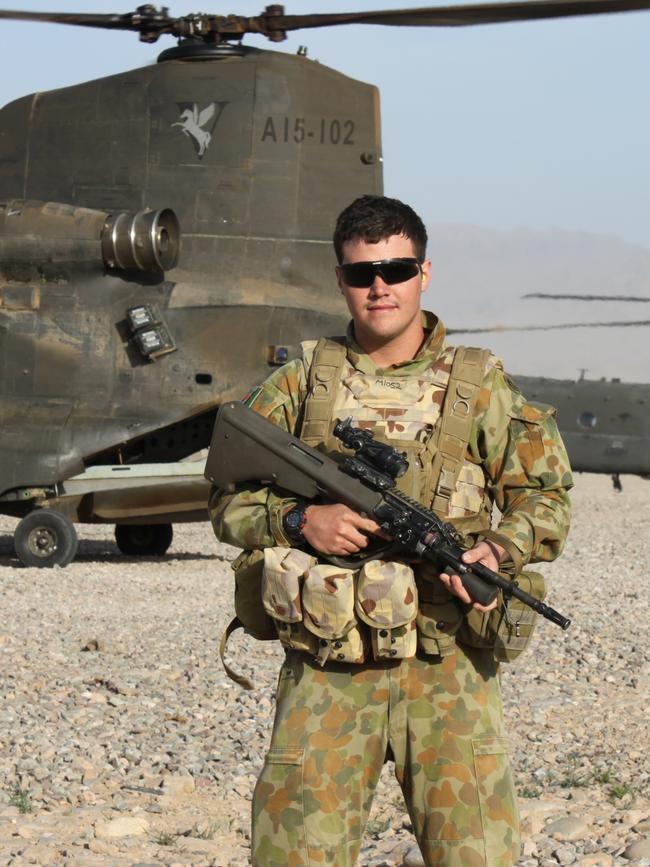
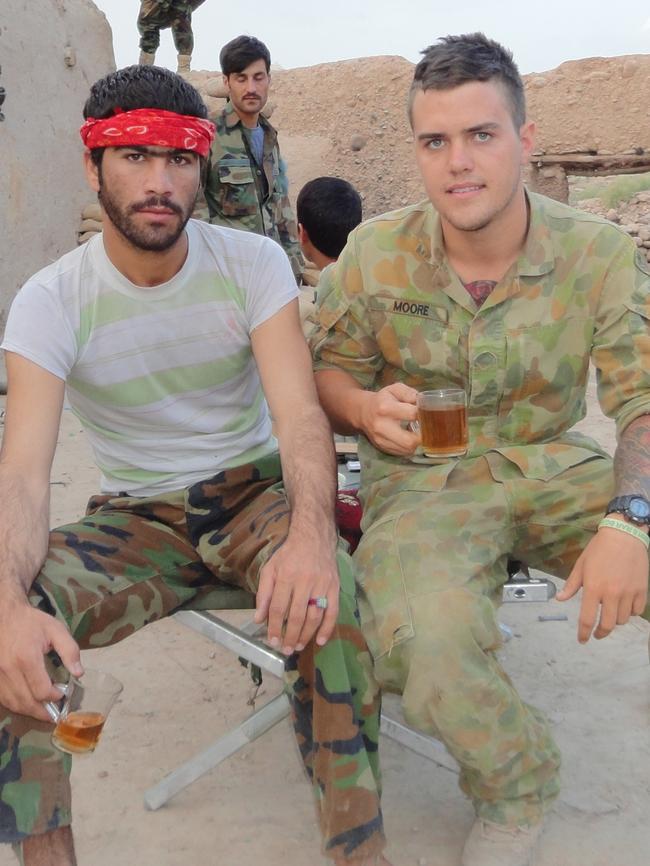
“I personally utilised my support network of friends and family to deal with some symptoms that I noticed. I also sought expert help and started seeing a psychologist. Just talking to someone really helped me.”
New research from Classics for a Cause, who fundraise for Australian veteran charities, found more than 50 per cent of Aussies believe there needs to be more support made available to ADF veterans.
The survey released ahead of PTSD Awareness Day on June 27, also found 32 per cent believed Australia is letting ADF veterans down, while 23 per cent of those surveyed said the Department of Veterans’ Affairs was too complicated to navigate without expert assistance.
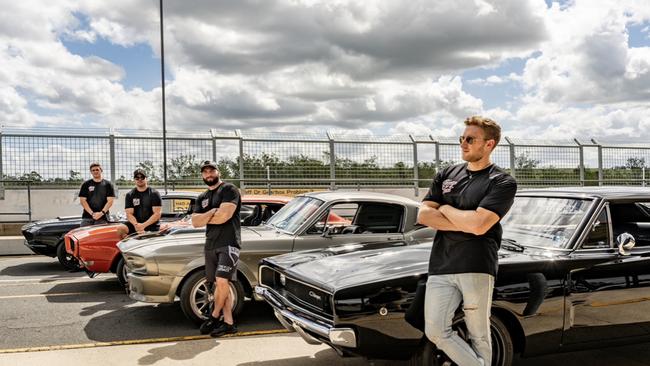
“For Aussie veterans who suffer from mental health issues like PTSD at a much higher rate than the general population, it’s important to let them know help is available,” Classics for a Cause co-founder Thomas Bailey said.
“Australia’s armed forces have a strong bond of mateship which doesn’t just go away when someone returns from service.”
An unbreakable bond Mr Moore, now 31, is very familiar with.
“Unfortunately, far too many soldiers have lost their struggle with mental health and have taken their own life, some of which were from my battle group,” he said.
One of those soldiers was Jarrod Brown, who suffered PTSD and died by suicide in 2015. He was just 27.
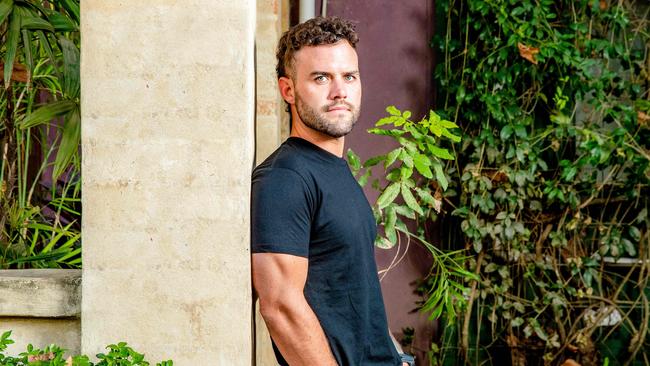
“He was the last person anyone would have expected to take his life. He was a very vibrant and well-liked soldier and led by example,” Mr Moore said.
“This confirmed in me that anyone can be struggling and tragically not everyone asks for help.”
Following his discharge, Mr Moore pursued a nursing career before working in the paediatrics and emergency areas on the Sunshine Coast.
He recently joined the Veteran Benefits Australia Patient Care Team, who offer health checks to veterans in the community via a mobile health service.
“Normalising mental health conditions reduces the stigma that exists around mental health,” Mr Moore said.
“And it allows people to more easily discuss their struggles and get the support they need from health professionals, family and friends.
“I am hoping that the Royal Commission into Veteran Suicide, which soldiers fought hard to get, results in some strong actionable recommendations that improve this suicide rate and improve the lives of veterans nationally.”
‘NIGHTMARES EVERY DAY’: HORROR STILL HAUNTS VETERAN
It has been nearly 20 years since Michael Floyd left the Royal Australian Navy, but the horrors he witnessed during his deployment still haunt the veteran.
Having joined the Navy in 1996, the then 29-year-old was in search of a “better career and future” for his daughter.
Instead, he was left with permanent scars from what he dealt with – which to this day he struggles to speak about.
“I was working as the youngest qualified mortuary technician at the Launceston general hospital,” Mr Floyd, of Melbourne, said.
“There I ran the mortuary for the coroner and actually did all the post-mortems on any and all suspicious deaths.”
After three years working across HMAS Cerberus and HMAS Albert in Melbourne, he was then posted to HMAS Sydney for 18 months.
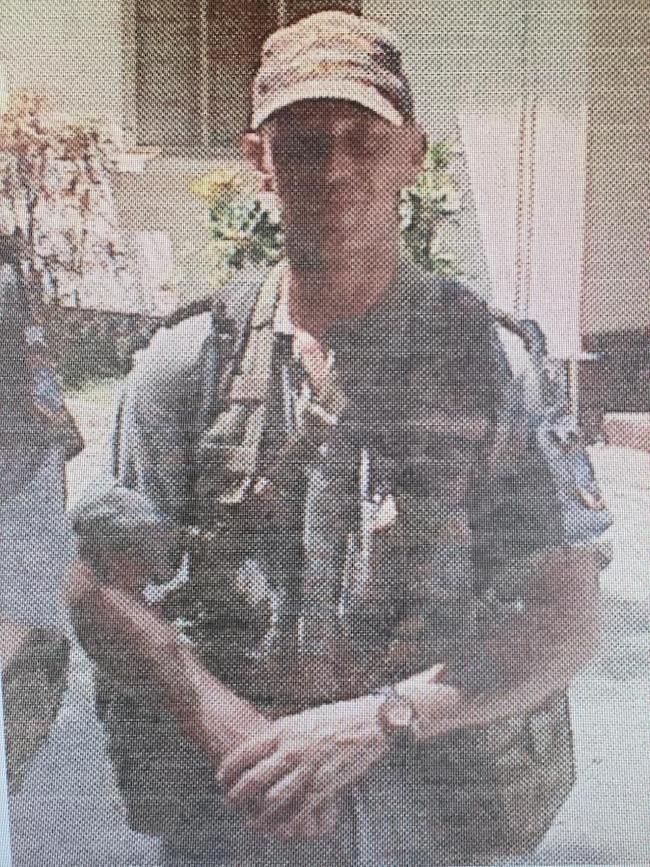
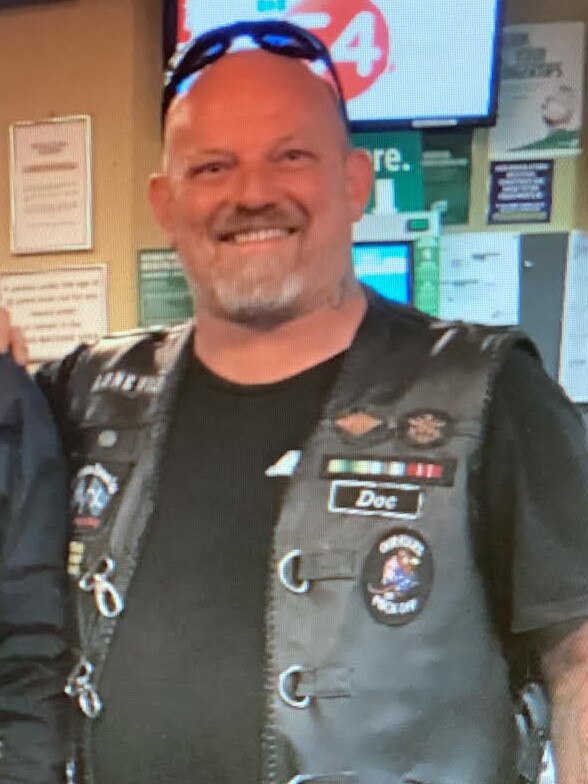
“This is when I saw active duty in East Timor in 1999. We were stationed off the coast of a little enclave that declared independence as well as the rest of East Timor,” he said.
“Then I was allocated to the UN forensic anthropologist team to gather evidence and try and recover the bodies of the local people who had been hunted and butchered by the Indonesia army and militia.
“The things I witnessed and was talked to about by the locals we were helping still give me nightmares to this day.”
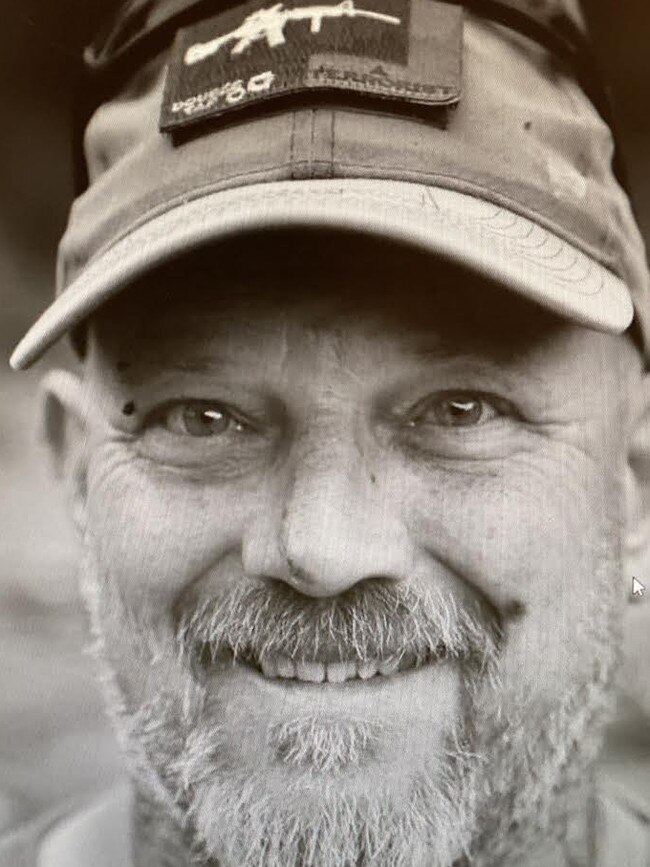
Following Mr Floyd’s discharge in 2003, his life was never the same, despite receiving some help later on.
“Life post discharge was absolutely terrible. I had been engaged to be married but lost my fiance, my house I’d bought, my career and lots of friends,” Mr Floyd, now 56, said.
“I had PTSD, severe depression and severe anxiety disorder was recognised by the Department of Veterans Affairs. Over the years since, I attempted suicide about five times.
“I suffer from nightmares and night terrors, don’t sleep very well at all and average around four hours of sleep a night.
“Was there enough help given to me or offered to me after my discharge? Quite simply no.”
Need to talk to someone?
Don’t go it alone. Please reach out for help.
Lifeline: 13 11 14 or lifeline.org.au
Beyond Blue: 1300 22 4636 or beyondblue.org.au
Open Arms: 1800 011 046





